Walking is one of the most natural activities humans engage in, yet it holds countless secrets and benefits that are often overlooked.
From its profound impact on health to its rich historical significance, walking is more than just a way to get from one place to another.
This post delves into 12 intriguing and lesser-known facts about walking that highlight its importance and charm.
Whether you’re a seasoned walker or just curious, these facts will inspire you to step out more.
1. Walking Boosts Creativity

Did you know that walking can boost your creativity?
A study from Stanford University found that walking increases creative output by an average of 60%.
When you’re out on a stroll, your mind is free to wander, which can lead to new ideas and solutions.
This makes walking an excellent activity for brainstorming sessions or when you’re stuck on a problem.
So, next time you need a creative boost, take a walk and see where your thoughts take you.
2. Historical Roots of Walking

Walking has deep historical roots, tracing back to ancient civilizations.
The Romans, for instance, built extensive road networks that encouraged walking for travel and communication.
These roads were pivotal to the growth of their empire. Walking was also a symbol of freedom and exploration.
Understanding the historical context of walking can enhance your appreciation for this simple yet powerful activity.
It’s fascinating to think how walking has been a part of human culture for centuries, shaping our world.
3. Walking Improves Mood
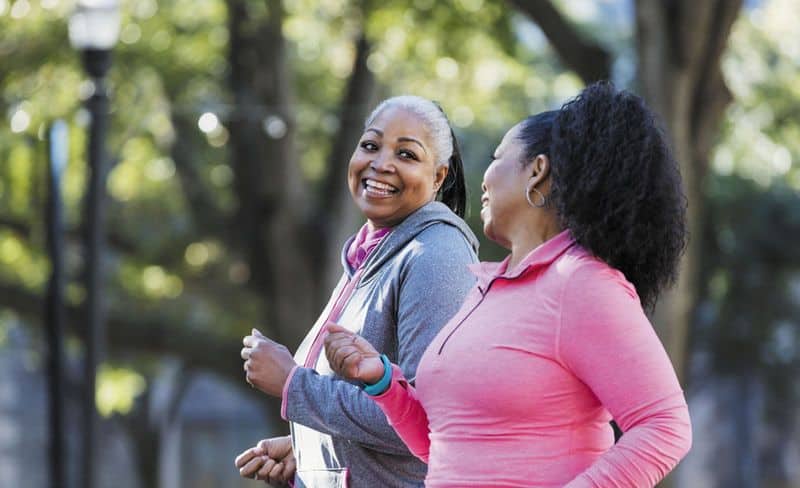
Feeling down? Walking might be the remedy you need. Regular walking releases endorphins, the body’s natural mood enhancers.
Even a brief 10-minute walk can reduce anxiety and depression, providing an emotional lift.
This makes walking a valuable tool for maintaining mental health. Incorporating short walks into your daily routine can lead to long-term benefits, helping you feel happier and more balanced.
So, lace up your shoes and let nature’s antidepressant work its magic.
4. Walking’s Role in Weight Management

Walking plays a significant role in weight management, offering a low-impact exercise option for all fitness levels.
By walking briskly for 30 minutes a day, you can burn calories, improve metabolism, and maintain a healthy weight.
This makes walking an accessible choice for those looking to shed a few pounds or maintain their current weight.
Plus, it’s easier on the joints compared to higher-impact activities. Embrace walking as part of your fitness routine and enjoy the results.
5. Walking Enhances Longevity

Want to live longer? Walking could be the key. Studies have shown that regular walking can lead to a longer life by reducing the risk of chronic diseases.
It improves cardiovascular health, lowers blood pressure, and strengthens bones.
Even a daily 20-minute walk can make a big difference. Walking not only adds years to your life but life to your years.
It’s a simple, enjoyable way to improve overall well-being and enhance longevity.
6. Nature Walks Reduce Stress

Nature walks have a unique ability to reduce stress levels. Being surrounded by greenery and fresh air has a calming effect on the mind and body.
This form of walking therapy is known as ‘forest bathing’ in Japan and is recognized for its mental health benefits.
Walking in nature helps clear the mind, reduce cortisol levels, and promote relaxation.
So, the next time you’re feeling overwhelmed, consider going for a walk in the great outdoors to rejuvenate your spirit.
7. Walking: An Ancient Meditation
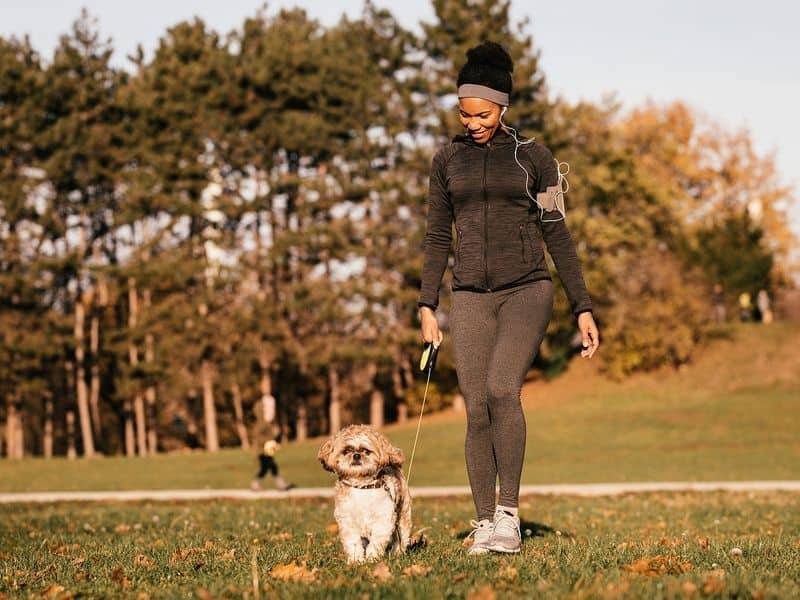
Walking has been used as a form of meditation for centuries. Monks and spiritual leaders have long practiced walking meditation, a method that combines movement with mindfulness.
This practice helps individuals focus on the present moment, promoting peace and clarity.
It’s an excellent way to integrate meditation into daily life without needing to be still.
Try incorporating mindful walking into your routine to experience its calming effects and enhance mental clarity.
8. Walking and Bone Health

Walking is a weight-bearing exercise that strengthens bones and reduces the risk of osteoporosis.
Regular walking stimulates bone formation and slows its loss, particularly in older adults.
This simple activity supports bone density and overall skeletal health. By incorporating walking into your lifestyle, you can improve bone strength and reduce the risk of fractures.
It’s never too late to start walking your way to healthier bones and a more active life.
9. Walking and Community Building
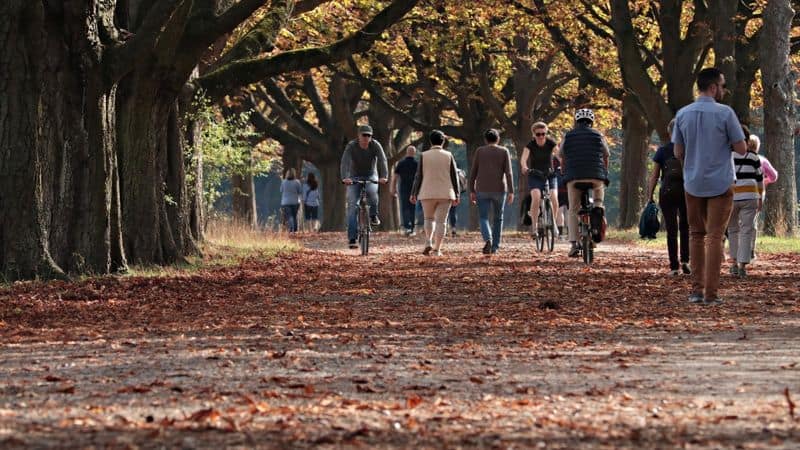
Walking is not just a solitary activity; it’s a fantastic way to build community. Group walks, walking clubs, and community events encourage social interaction and strengthen bonds.
Participating in such activities can foster a sense of belonging and improve social well-being.
Walking together offers opportunities for conversation and connection, making it an inclusive way to engage with others.
Whether it’s a local charity walk or a neighborhood stroll, walking brings people together.
10. Walking in Urban Spaces
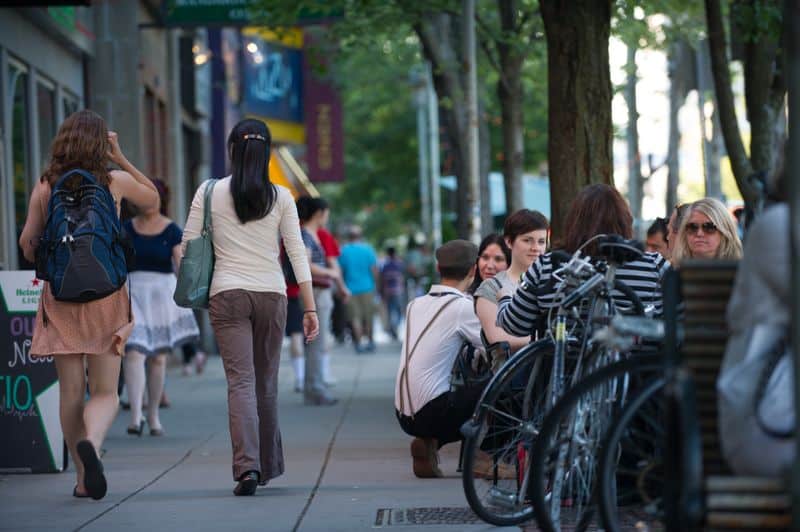
Walking in urban spaces offers a unique experience, blending nature and city life.
Many cities are redesigning spaces to be more pedestrian-friendly, encouraging walking as a mode of transport.
Urban walking allows you to explore local culture and hidden gems while promoting a healthier lifestyle.
It’s an environmentally friendly way to navigate the city, reducing your carbon footprint.
Embrace urban walking to discover new places and enjoy the vibrancy of city life.
11. Walking Aids Digestion
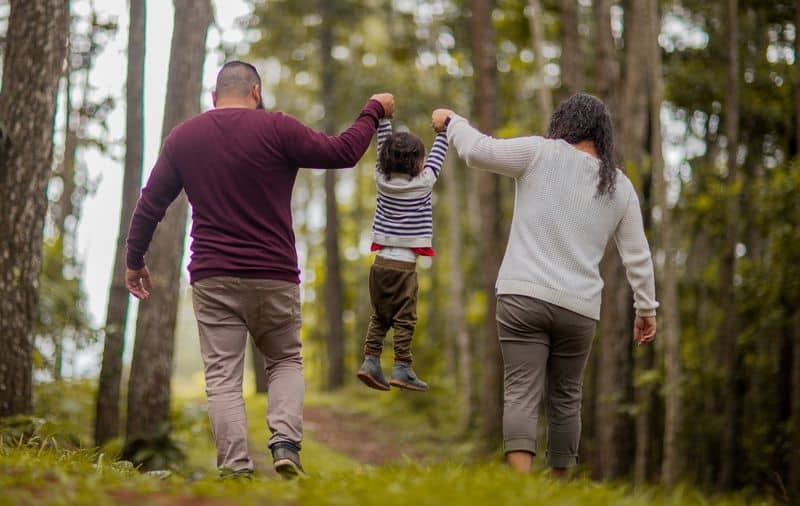
Did you know that walking aids digestion? Taking a stroll after meals can help speed up the digestive process and reduce bloating.
This gentle activity stimulates the digestive tract and encourages efficient nutrient absorption.
It’s a simple habit that can improve gut health over time. Next time you enjoy a meal, consider a leisurely walk afterward to support your digestive system.
It’s a small change with significant benefits for overall digestion.
12. Walking: A Universal Language
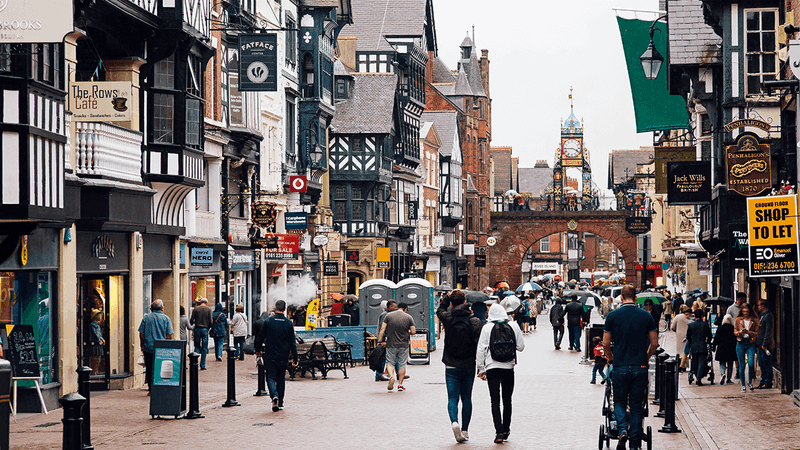
Walking is a universal language that transcends cultures and borders. It’s an activity everyone can participate in, regardless of age, nationality, or background.
Walking connects us all through its simplicity and accessibility. It serves as a symbol of unity and shared human experience.
By embracing walking, we can celebrate diversity and promote inclusivity.
It’s a reminder that despite our differences, we all share the common ground of taking steps forward.

